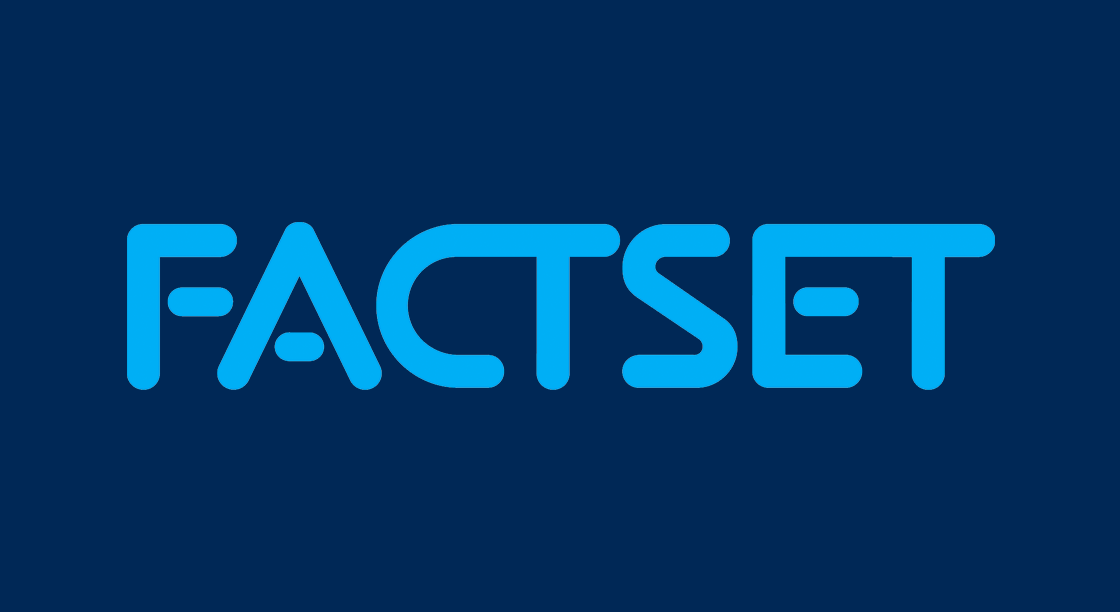
Learn about the most important compliance and regulatory news developments courtesy of FactSet's Regulatory team.
The European Commission has updated the technical standards under the Sustainable Finance Disclosures Regulation (SFDR). The amendments will require financial market participants to also disclose, by way of a simple graph, the extent to which their portfolios are exposed to the gas and nuclear-related activities that comply with the Taxonomy. View the updated Delegated Regulation.
ESMA changed its union strategic supervisory priorities to include ESG disclosures alongside market data quality. This will help to improve transparency and comprehensibility of ESG disclosures across key segments of the sustainable finance value chain such as issuers, investment managers or investment firms, and therefore tackle greenwashing.
The European Banking Authority (EBA) reasserts its commitment to contribute to a more resilient and sustainable financial system at the COP27 by publishing its environmental statement. EBA also presented its priorities and activities to ensure a robust management of ESG risks and adequate related supervision.
The three European Supervisory Authorities (ESAs)—EBA, the European Insurance and Occupational Pensions Authority (EIOPA) and the European Securities and Markets Authority (ESMA)—launched a Call for Evidence to gather input from stakeholders on greenwashing and how to understand its key metrics, drivers, and risks to collect examples of potential greenwashing practices. Responses are expected by January 10, 2023, and final reports should be due in May 2024.
The Corporate Sustainability Reporting Directive (CSRD) has been adopted by the EU parliament and received final approval from the council. It will now be published in the Official Journal of the European Union (OJEU) and enter into force after 20 days. Member states will have 18 months to implement the CSRD.
The European Financial Reporting Advisory Group (EFRAG) submitted its first set of draft European Sustainability Reporting Standards to the European Commission in its role as technical adviser, under the proposed CSRD. The European Commission will now consult EU bodies and Member States on the draft standards before adopting the final standards as delegated acts in June 2023. Here is EFRAG's advice package.
ESMA is seeking stakeholders' feedback on guidelines for the use of ESG and sustainability-related terms in funds’ names in order to tackle greenwashing. ESMA is considering the introduction of quantitative thresholds for funds that make use of ESG-related terms or feature sustainable in their name. Consultation is open until February 20, 2023.
The ESAs sent a letter to the EC and requested to extend their mandate to review the Principal Adverse Impact indicators (PAIs) framework under SFDR, highlighting the complexity of the work involved in revising this PAI framework and the need for a public consultation. They communicated the initial deadline to provide input by April 2023 is no longer realistic and thus request a six-month extension.
The ESAs published a Q&A on the practical application of the SFDR Delegated Regulation. ESAs will be adding more Q&As to this set in the future and are preparing a consultation paper under the mandate from the Commission to review certain aspects of the Delegated Regulation.
The European Banking Authority - EBA published its final Regulatory Technical Standards (RTS) on specific liquidity measurement for investment firms under the Investment Firms Directive (IFD).
Marine Hutinel and Nels Ylitalo contributed to this article.
This blog post is for informational purposes only. The information contained in this blog post is not legal, tax, or investment advice. FactSet does not endorse or recommend any investments and assumes no liability for any consequence relating directly or indirectly to any action or inaction taken based on the information contained in this article.

SEC Adopts Amendments to the Names Rule under the Investment Company Act of 1940
On September 20, 2023, the U.S. Securities and Exchange Commission (SEC) adopted amendments to Rule 35d‑1 (the “Names Rule”)...

Demystifying the SEC’s Latest Update to the FAQ of The Marketing Rule
The SEC Marketing Rule was put in place to modernize marketing requirements for investment advisors. The latest update to the...

Uncovering Climate Transition Risk in EU Sustainable Finance Regulation
Sustainability (ESG) risk is a broad new regulatory concept prevalent in EU financial services regulation. Specifically, climate...
The information contained in this article is not investment advice. FactSet does not endorse or recommend any investments and assumes no liability for any consequence relating directly or indirectly to any action or inaction taken based on the information contained in this article.